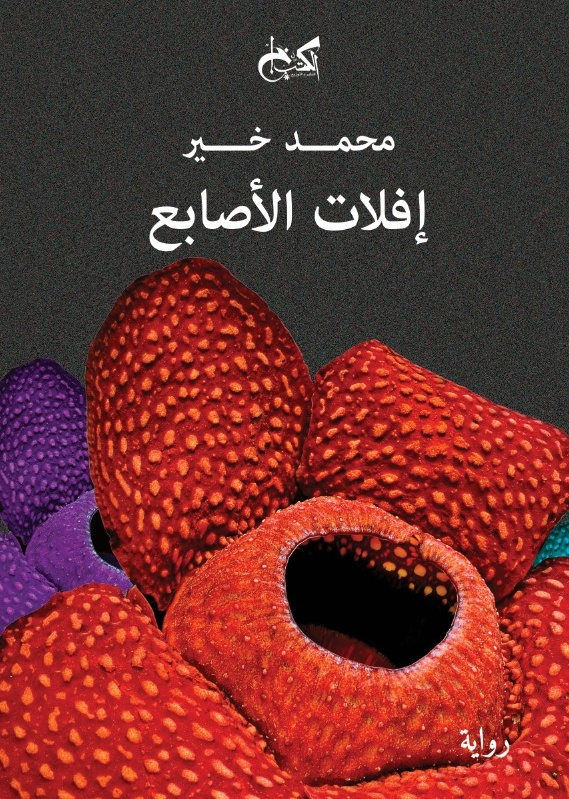On the original Arabic edition
“An extraordinarily sensitive feat of literary engineering and an adventure in narrative prose that establishes Kheir as one of the leading lights of the current literary scene.” Al Modon
“One of the most beautiful and lyrical Arabic novels of recent times… brilliant… like the melody that slips frictionlessly into your mind to become a part of you, as though it was written for you.”, Yazin Al Haj
“This singular text lies before the reader like the pieces of a puzzle, and invites you to make sense of their disorder. The connections are there but you must look hard to see them and the reward comes in the final pages, where the novel’s fragmentation stands revealed as an avatar of an individual’s disintegration and the chaos of an entire society.”, Shorouk News
“A mosaic of minor tales and the ghostlike forms of characters come from worlds not our own.”, Al Dustour
On the English edition, published by Two Line Press translated by Robin Moger:
“A partly real, partly fantastical depiction of post-revolutionary Cairo and Alexandria as seen through the stories of a struggling journalist, a former exile and a difficult love affair. Featuring giant flowers bigger than people and episodes of walking on water, the fantastical in this novel feels as true to the Cairo of today as the parts that are lifted from life.”, Yasmine El Rashidi, The New York Times
“Connecting the fragmentary and seemingly contradictory details of the novel’s architecture makes for a thrilling read. It would take many passes to join every last piece of the puzzle, but as any puzzler knows, part of the fun comes from those small epiphanies that get us a tiny step closer to illumination”, Chicago Review of Books
“Push[es] both its characters and its readers to extend their minds beyond the limits of what’s possible.”, Seattle Times
“Kheir brilliantly weaves a tale that is well paced, sweeping through a country that has transformed as much as its people.”, Arab News
“A fantastical journey set in post-Arab Spring Egypt…Kheir asks whether we can ever let go of our ghosts—can we let go of them before they consume us? For a region which has experienced collective trauma for so long, this is indeed a pressing message, which calls for healing and, one day, dreaming together.”, The Markaz Review
“Enchanting… Kheir demonstrates a marvelous imagination and harnesses the magic of storytelling. Readers are in for a treat.”, Publishers Weekly
“The world of Slipping, Mohamed Kheir’s challenging, fantastical novel set in post-Arab Spring Egypt, is one where the boundaries between history and myth, dreaming and waking, are constantly in flux.…Only Kheir’s intricate prose, and Robin Moger’s deft translation from the Arabic, could tell this story; this is the book that all the indie booksellers I know are raving about right now, and with good reason.”, Corinne Segal, Literary Hub
“Shifting between stark realism and the mythic, Mohamed Kheir’s Slipping avoids easy categorization. It’s one of a growing number of fictional takes on real-world conflict that move into the uncanny to illustrate the extreme experiences of civilians, and that dizzying aesthetic is used to powerful effect here.”, Tobias Carroll, Words Without Borders
“Haunting… Kheir’s masterful storytelling not only encourages, but almost necessitates, rereading. Slipping is a novel about the fragility in all things: society, love, even reality.”, Foreword Reviews
“[Slipping] reminded me of the bureaucratic nightmare depicted in Terry Gilliam’s masterpiece Brazil…A remarkable piece of writing, a book filled with magic and wonder and tragedy and pain.”, Locus Magazine
